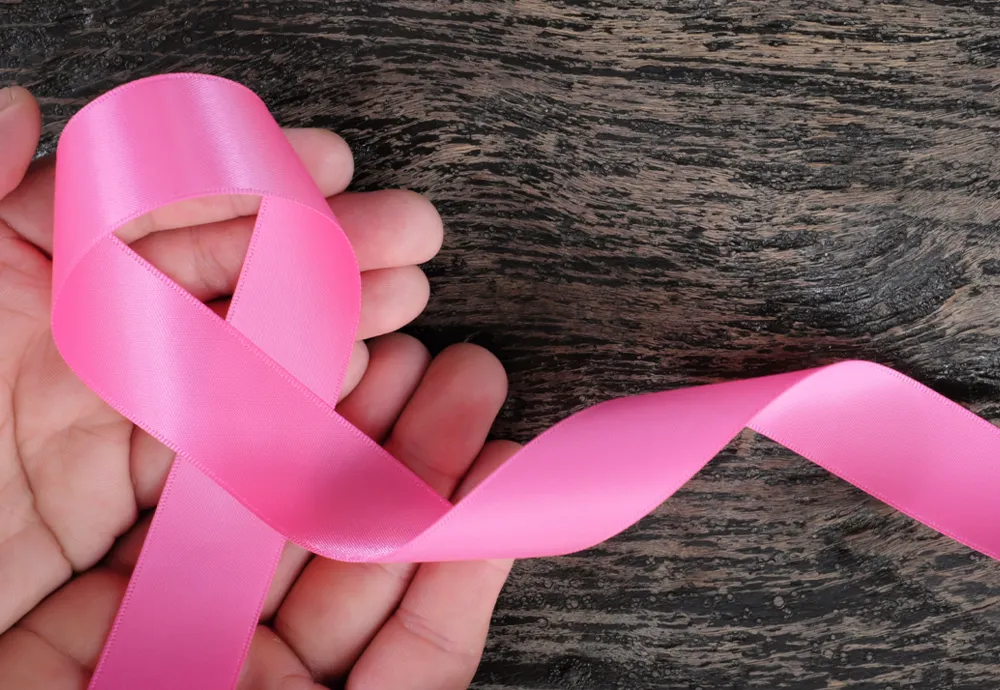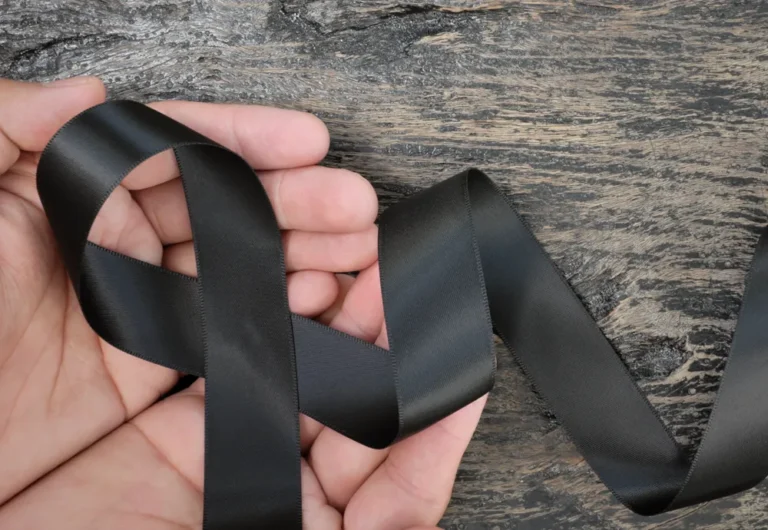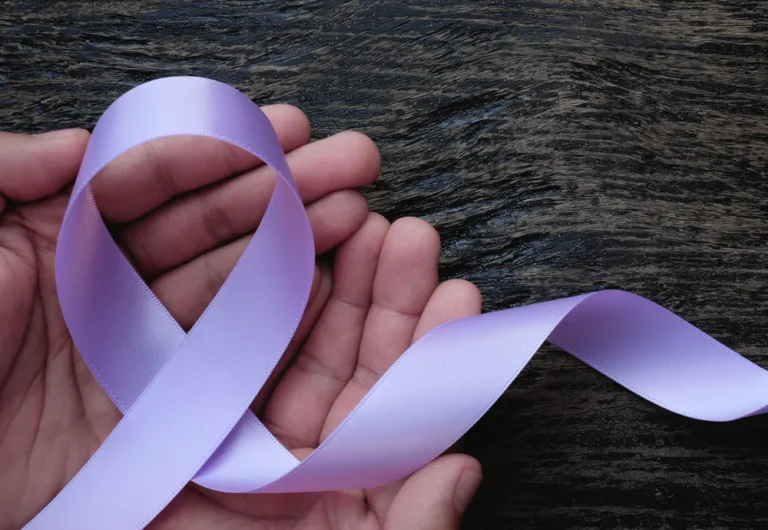Nobody likes chemotherapy: not patients, and not oncologists.
We’d all rather avoid it if we can – and now we’ve identified another group of women who can safely do without it.
Some early-stage breast cancers can spread throughout the body before the tumor is removed surgically– even before the cancer is diagnosed. Those small, spreading cells (called micrometastases) aren’t detectable by current technology. But micrometastases can seed tumors that show up a few years later in the bones, liver, or brain – and ultimately cause death.
If we give chemotherapy to patients who have micrometastases, we can kill off those little seeds before they take root and improve the chances of cure. But it’s only worth it if the risk of having micrometastases in the first place is sufficiently high – usually around 18% or more. That’s why accurately predicting risk is so critical in treating early stage breast cancer.
So for people at high risk of having micrometastases (e.g. those with lymph node involvement, or high-risk mutations on the Oncotype test), we recommend chemotherapy.
For people at low risk of micrometastasis, we don’t.
So what’s the news flash?
The Oncotype test reports a patient’s risk of micrometastasis as low, intermediate, or high. We’ve always known what to do with the low and high risk patients, but we’ve been less certain about the intermediate risk group.
But the largest trial of its kind was just reported in the New England Journal of Medicine, and it looks like we can safely skip chemotherapy in Oncotype-intermediate patients.
Bottom line:
- Women with early-stage breast cancer only seem to benefit from chemotherapy if they have lymph node involvement, or if the Oncotype test indicates they’re at high risk for micrometastases.








